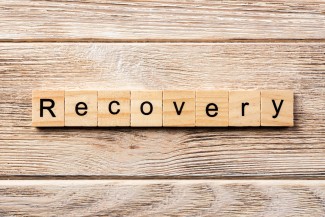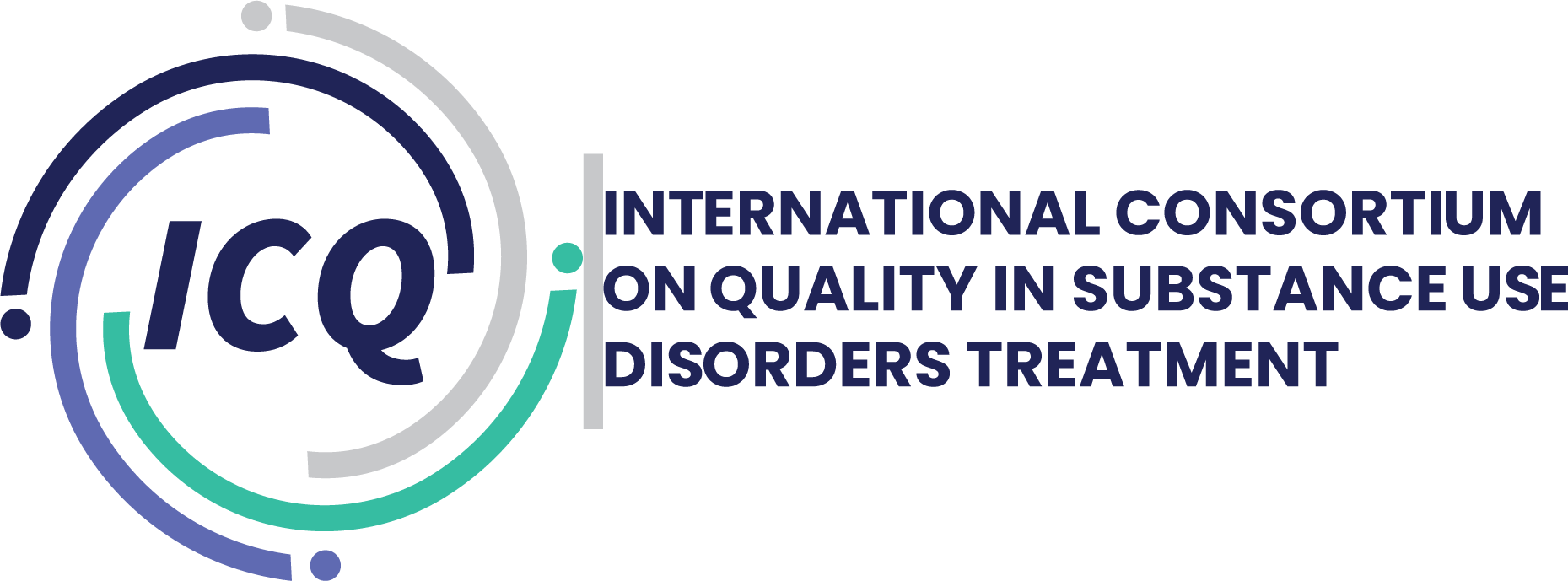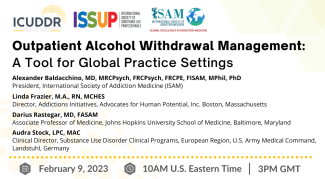Recovery 101
Recovery from a substance use disorder is defined as a process of improved physical, psychological, and social well-being and health after having suffered from a substance-related condition. The recovery research institute has put together...






